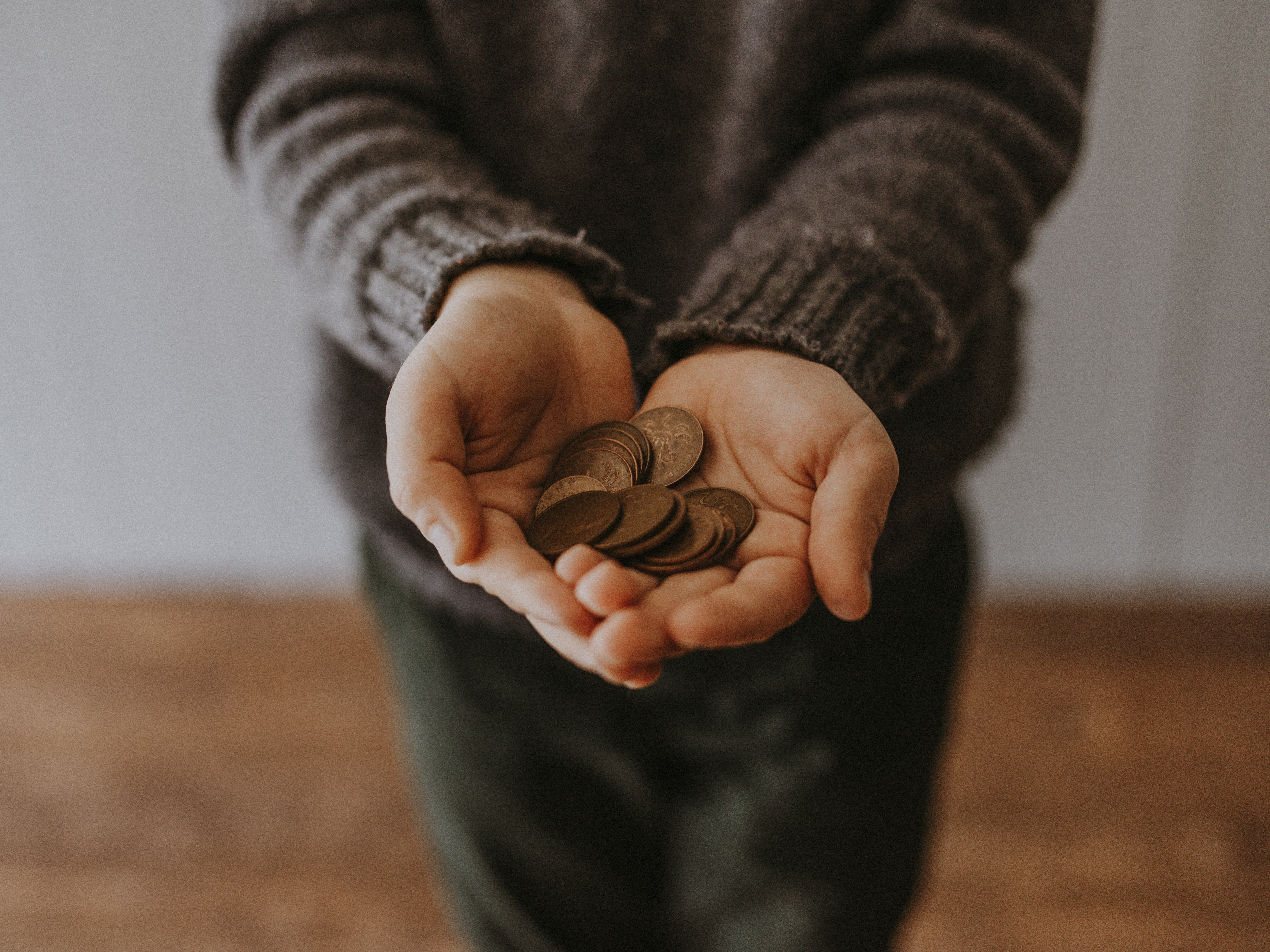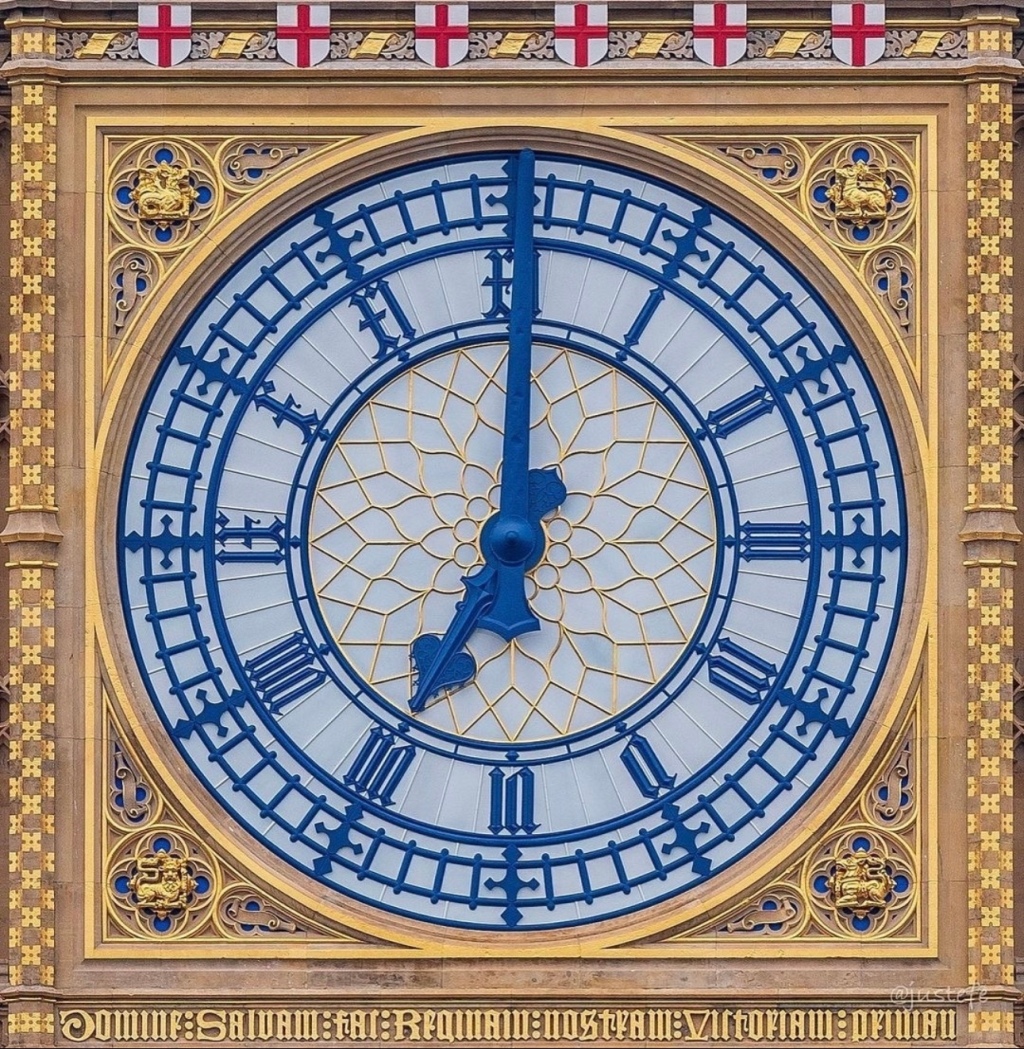Don’t underestimate your emotions. Or overestimate them. Your emotions are your feedback system and for that they are very important. Trying to ignore your emotions is like depriving yourself from lights in a car running in the middle of the night.
We’re equipped with this fantastic set of tools called emotions, yet we chose not to use them. By fear of “breaking” it or just by lack of trust. Emotions are the most sensitive tool for assessing our path.
Positive emotions: we’re on the good track, negative emotions: there’s something we should work on. You may chose how to express your emotions if you want, but not trusting them would be simply stupid.
Look into your heart first. And then, if everything is fine there, bring everything in your mind for some adjustments.
How To Trust Your Emotions Without Getting Emotional
Fear, joy, sadness, exhilaration, all these are emotions. Feelings. We all know how to express them, yet we can have quite a hard time explaining what they are.
At their core, emotions are a feedback mechanism. Their main function is to close the “loop” in our interaction with the world. Every time we finish an interaction, we feel something. Emotions are directly linked to what we do (or think, if you want to put it that way).
Our capacity to discriminate between things made us separate those feelings into “good” (or pleasant) and “bad” (or unpleasant) feelings. But regardless of their polarity, feelings are always arising as a consequence of some interaction.
I think emotions are fundamental not only for survival, but also for evolution. As long as we get correct, meaningful feedback for our actions, we can calibrate. We can adjust and change course if the feedback we get is not relevant for our journey. Emotions are our internal radar.
I know that defining emotions as a feedback mechanism can be a little bit unusual. But the easiest way to understand this is to observe how children are behaving. Children aren’t corrupted, yet, their internal feedback system is still working. When a child does something good, when a child succeed in assembling a new toy, for instance, you will notice. That child will have very positive emotions. And when an interaction is not good for that same child, when he hurts himself, for instance, you will also notice. That child will most likely cry a lot.
As we grow over, leaving the childhood behind and blending into adulthood, this feedback mechanism is damaged. Instead of continuing to give accurate information, instead of acting like a compass for our life, it literally ruins it.
And not because the emotions are corrupted, no, they don’t change. Joy is still joy and sadness is still sadness.
What changes is us. Our choices. And the one and only problem is our attachment to the “pleasant” emotions and the subsequent drive to recreate them. We get so attached to positive emotions that we want to experience them more and more, without caring about the actions that generated those feelings. We want to experience them just because we feel nice. Because they taste good, so to speak.
If you strive to recreate the pleasure you get from that emotions, only for the sake of the pleasure, you’re not taking any interest in what created that emotion. You just want to feel it. The source, the action that sits behind that emotion becomes irrelevant.
And when you start to chase only positive emotions, you’re destroying the “feedback giving” quality. You’re corrupting your emotional system, you are literally “gaming the system”, engaging only in pleasurable activities.
And that is literally putting you out of sync. Your feedback mechanism is screwed, you’re not getting accurate information about the effect of your actions. In other, more common words, you feel lost. Yes, I know, you’ve all been there, more than once, probably.
Confusion, lack of direction, fuzziness, these are symptoms of a problem in your “main control room”. If you’re a vessel and your emotions are your radar, a state of confusion equals a serious damage of your radar system. You lost your way.
And the radar is damaged because you didn’t use it correctly. You used that radar just to have fun, or to feel nice, you didn’t use it as a navigation tool. And now you don’t know where you are anymore.
The good news is that, as opposed to many real life radar problems, this emotional system can be fixed. It’s hard, but doable.
As you may already have guessed, all you have to do is to lose the attachment. To give up this quest for pleasure. To understand that your emotions aren’t here as an endless source for pleasure, but to make you understand if you’re on the right path.
When you do that, when you’re ready to experiment negative emotions as well, (if what you did generated them, of course), your radar will be fixed. Yes, the “negative” emotions are not pleasant.
But at least you’ll know exactly where you are and how you can get out of there.

Support empress2inspire.blog
THIS IS NOT AN ADVERTISEMENT If are reading this, it means that something you read above intrigued you enough to keep reading till the end of the post. I am glad you liked it. Would you like to donate $1 for helping me maintain this blog?
$1.00






Leave a comment